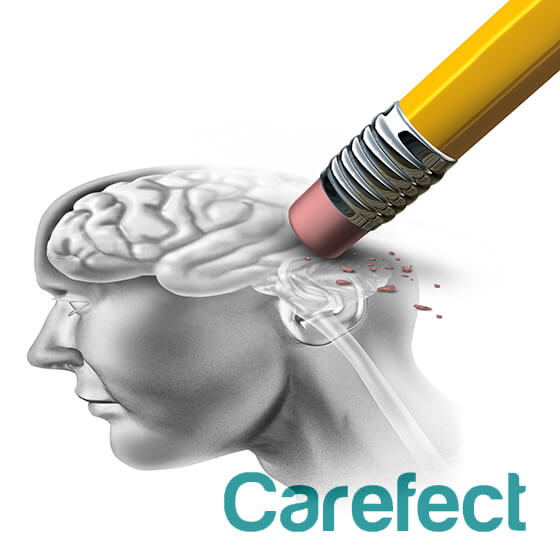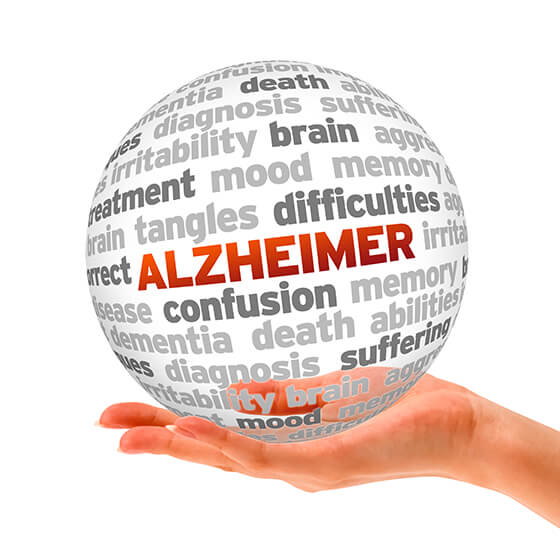Elder Care: Hospital Delirium Prevention
Delirium is a mental illness that can be brought upon by external stress and is often due to hospitalization. It is serious enough that people with delirium are often twice as likely to die in the next year as those without delirium. As well as due to it being an invisible illness, it is much harder to catch in hospitals by medical staff. The internal struggle and external confusion may not be perceived as delirium and can go unnoticed. However, due to the severity of its consequences, it is important...Read More






